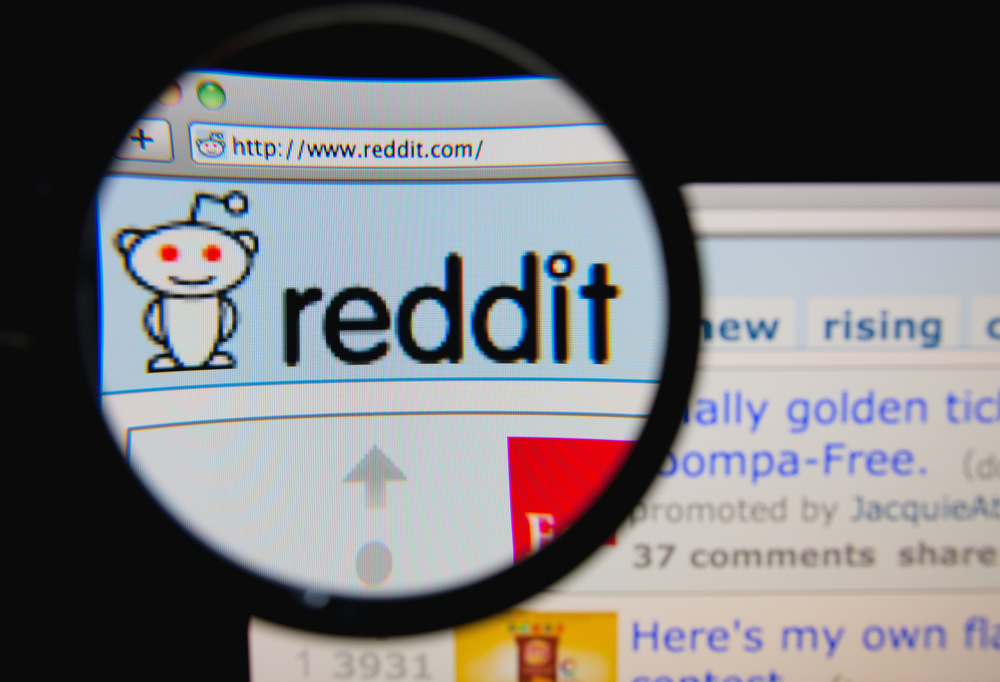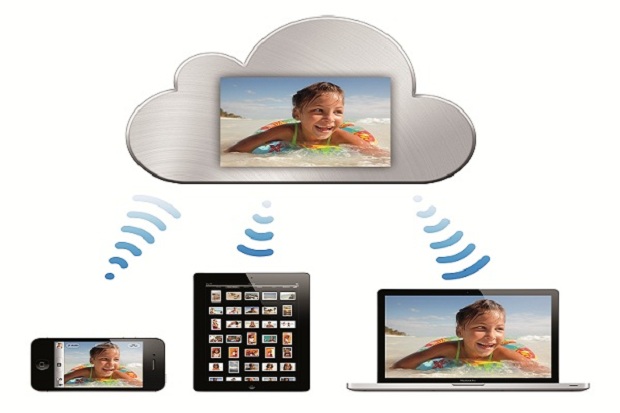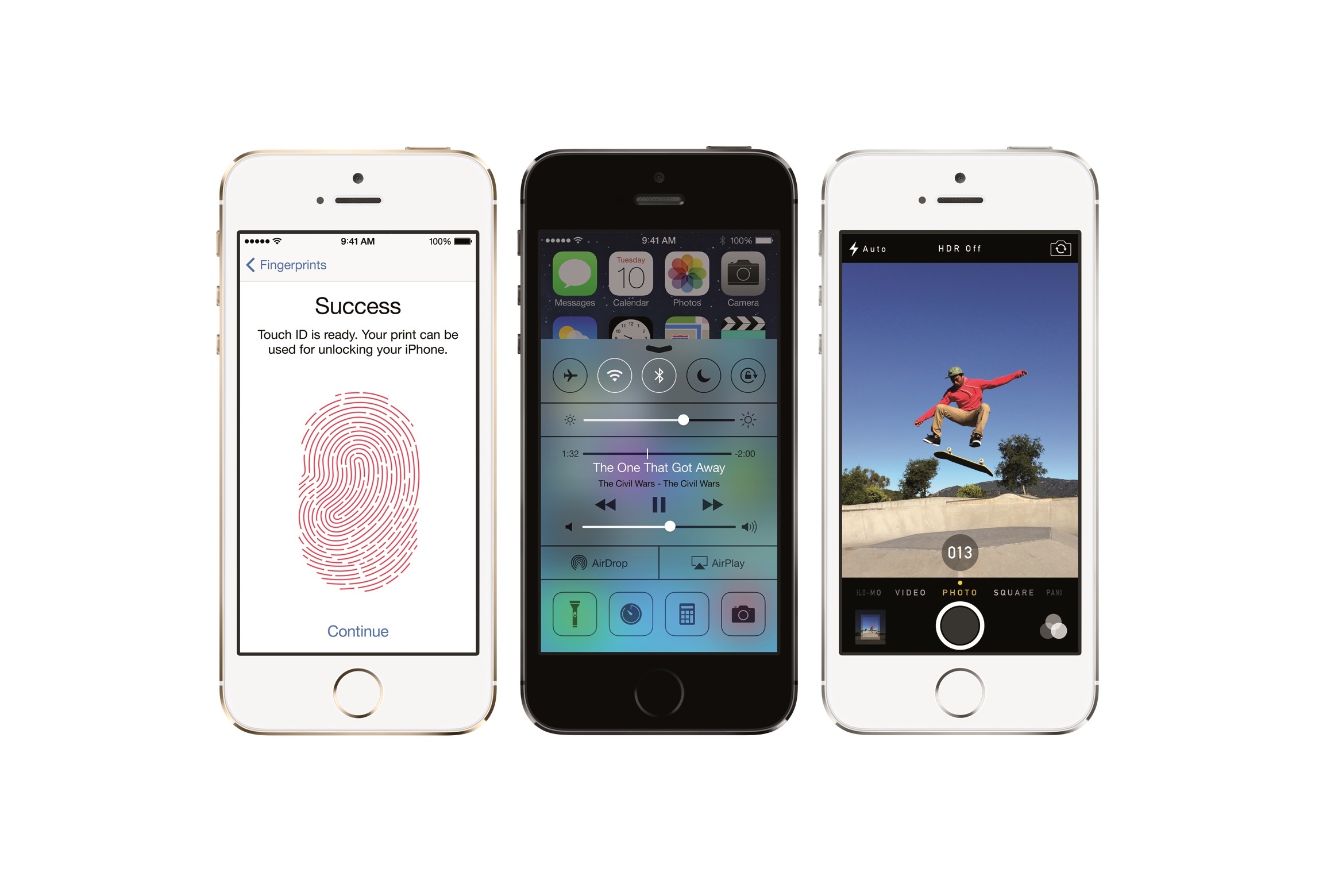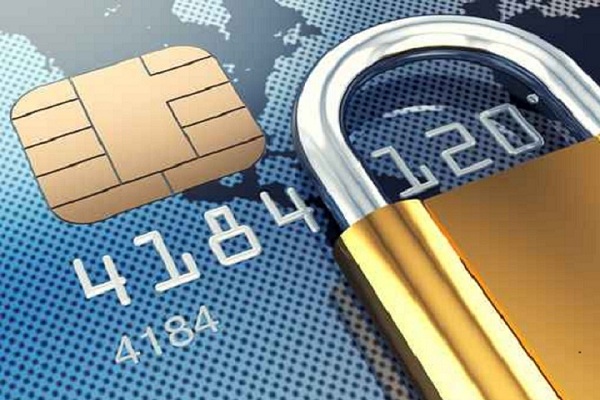iCloud hack: could phishing scheme have been behind nude celebrity photo leak?
Pennsylvania man pleads guilty to accessing hundreds of accounts


An American man has been arrested and charged in relation with the 2014 leak of celebrity photos, known as Celebgate and the iCloud Hack.
Ryan Collins, 36, from Lancaster, Pennsylvania, has pleaded guilty to breaking the US Computer Fraud and Abuse Act, as part of a plea deal that will see him face no more than five years in jail.
According to the plea agreement, Collins allegedly engaged in a phishing scam between November 2012 and September 2014, where he persuaded owners of Apple and Google email accounts to hand over their credentials by pretending to be a representative of those companies.
Whenever the ruse was successful, he gained access to personal information, including nude photos and videos, according to the plea agreement.
A statement from the US Department of Justice (DoJ) further alleged that "in some instances, Collins would use a software program to download the entire contents of the victim's iCloud backups".
In total, Collins accessed at least 50 iCloud accounts and 72 Gmail accounts, mostly belonging to female celebrities.
In a statement, David Bowdich, assistant director in charge of the FBI's Los Angeles Field Office, said: "By illegally accessing intimate details of his victims' personal lives, Mr. Collins violated their privacy and left many to contend with lasting emotional distress, embarrassment and feelings of insecurity.
Sign up today and you will receive a free copy of our Future Focus 2025 report - the leading guidance on AI, cybersecurity and other IT challenges as per 700+ senior executives
"We continue to see both celebrities and victims from all walks of life suffer the consequences of this crime and strongly encourage users of internet-connected devices to strengthen passwords and to be skeptical when replying to emails asking for personal information."
There is still one mystery remaining, however. While Collins admits to hacking into the accounts, he denies being the source of the 2014 Celebgate leak.
Furthermore, while Collins was arrested in relation to that breach, the DoJ said: "Investigators have not uncovered any evidence linking Collins to the actual leaks or that Collins shared or uploaded the information he obtained."
The broader FBI investigation into the 2014 leak is still ongoing.
Speaking to Cloud Pro, independent security researcher Graham Cluley said: "I'm not surprised that it was phishing that was at the heart of the attack against the celebrities. If there had been a fundamental flaw in iCloud then we would have seen much more serious information stolen by hackers than a few nude photographs of starlets.
"The sad truth is that phishing is incredibly effective. All the time, individuals and companies are duped into handing over information through convincingly crafted email messages."
Like the FBI's Bowditch, Cluley said it is important that people are wary of unsolicited emails. However, he added that two-factor authentication should be implemented where possible to make accounts more secure.
"You can do this with Gmail, iCloud, and other accounts and it means that even if your password is phished from you the hackers will not know the randomly generated PIN code that is also required when accessing the account from a previously unknown computer," he said.
This article first appeared on IT Pro's sister site, Cloud Pro.

Jane McCallion is Managing Editor of ITPro and ChannelPro, specializing in data centers, enterprise IT infrastructure, and cybersecurity. Before becoming Managing Editor, she held the role of Deputy Editor and, prior to that, Features Editor, managing a pool of freelance and internal writers, while continuing to specialize in enterprise IT infrastructure, and business strategy.
Prior to joining ITPro, Jane was a freelance business journalist writing as both Jane McCallion and Jane Bordenave for titles such as European CEO, World Finance, and Business Excellence Magazine.
-
 I couldn’t escape the iPhone 17 Pro this year – and it’s about time we redefined business phones
I couldn’t escape the iPhone 17 Pro this year – and it’s about time we redefined business phonesOpinion ITPro is back on smartphone reviews, as they grow more and more intertwined with our work-life balance
-
 When everything connects, everything’s at risk
When everything connects, everything’s at riskIndustry Insights Growing IoT complexity demands dynamic, automated security for visibility, compliance, and resilience
-
 Reddit vows to take down revenge porn posts
Reddit vows to take down revenge porn postsNews Social forum will pull nude pictures if victims say they were posted without consent
-
 Bogus iCloud log-in page fools Chinese Apple users
Bogus iCloud log-in page fools Chinese Apple usersNews Probably not looking for nude celebs this time
-
 Google threatened with legal action over naked celeb photos
Google threatened with legal action over naked celeb photosNews The company didn't react fast enough to take the pictures down, according to lawyer
-
 Lessons the enterprise can learn from the iCloud photo leak
Lessons the enterprise can learn from the iCloud photo leakIn-depth iCloud security isn't the problem, argues Davey Winder. Lack of knowledge about how to implement it is
-
 Flappy Bird clone hacking plans revealed
Flappy Bird clone hacking plans revealedNews The hack was planned by the same group who stole photos of celebrities from iCloud
-
 Apple denies iCloud hack resulted in leaked celebrity photos
Apple denies iCloud hack resulted in leaked celebrity photosNews iPhone maker responds to reports an iCloud hack led to the leaking of private celebrity pictures online
-
 iPhone & iPad users held to ransom by Apple ID hackers
iPhone & iPad users held to ransom by Apple ID hackersNews Hackers demand $100 to unlock devices they've seized, but Apple denies iCloud hack is to blame
-
 Amazon and Apple users told to wipe credit card data in wake of iCloud hack
Amazon and Apple users told to wipe credit card data in wake of iCloud hackNews Varonis warns end users to step up their credit card security following Mat Honan's password hack.